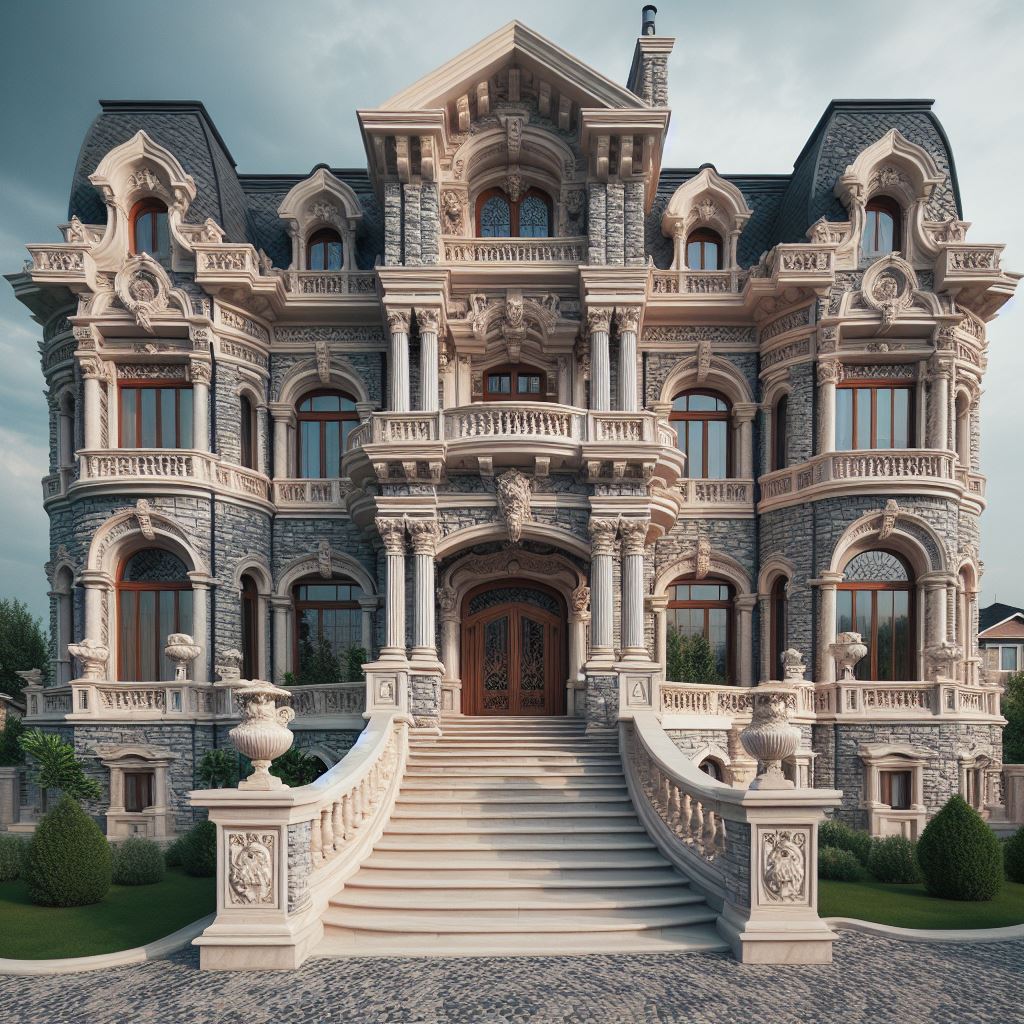As we move forward into the future, the residential construction industry is undergoing a transformation fueled by technological advancements and innovative solutions. From sustainable building materials to smart home automation systems, the way we design, build, and inhabit residential spaces is evolving rapidly. In this article, we explore the cutting-edge technologies and innovations shaping the future of residential construction.

1. Introduction
The introduction provides an overview of the rapid pace of technological advancement in the residential construction industry and sets the stage for discussing the latest innovations. It emphasizes the importance of embracing new technologies to address challenges such as sustainability, affordability, and efficiency in residential construction.
2. Sustainable Building Materials
Sustainable building materials are at the forefront of modern residential construction, offering environmentally friendly alternatives to traditional materials. This section explores innovative materials such as recycled steel, engineered wood products, and sustainable concrete that reduce environmental impact without compromising structural integrity or aesthetic appeal.
3. Prefabrication and Modular Construction
Prefabrication and modular construction techniques are revolutionizing the way residential buildings are designed and constructed. This section examines how off-site manufacturing processes and standardized building components allow for faster construction timelines, reduced waste, and improved quality control. Case studies of modular housing projects demonstrate the scalability and versatility of this approach.
4. 3D Printing and Additive Manufacturing
3D printing and additive manufacturing technologies are opening up new possibilities in residential construction, allowing for the rapid prototyping and fabrication of complex building components. This section explores how 3D printing is being used to create custom architectural elements, modular building blocks, and even entire homes. The potential for on-site 3D printing to revolutionize construction logistics and reduce material waste is also discussed.
5. Smart Home Automation Systems
Smart home automation systems are transforming residential living by integrating cutting-edge technology into everyday household appliances and systems. This section explores the latest advancements in smart home technology, including voice-controlled assistants, energy-efficient lighting, and connected HVAC systems. The benefits of smart home automation in terms of convenience, comfort, and energy savings are highlighted.
6. Building Information Modeling (BIM)
Building Information Modeling (BIM) is revolutionizing the way residential buildings are designed, constructed, and managed. This section examines how BIM software enables architects, engineers, and contractors to collaborate more effectively, streamline project workflows, and identify potential design conflicts early in the process. The integration of BIM with other technologies such as virtual reality (VR) and augmented reality (AR) is also discussed.
7. Energy-Efficient Design and Renewable Energy Integration
Energy efficiency and renewable energy integration are essential considerations in modern residential construction. This section explores how passive design strategies, such as orientation, insulation, and natural ventilation, can reduce energy consumption and improve indoor comfort. Additionally, the integration of renewable energy sources such as solar panels, wind turbines, and geothermal systems is discussed as a means of further reducing reliance on fossil fuels.
8. Conclusion
In conclusion, the future of residential construction is bright with possibilities, thanks to advancements in technology and innovation. By embracing sustainable building materials, prefabrication techniques, 3D printing, smart home automation systems, BIM, and energy-efficient design principles, we can create homes that are not only environmentally friendly and cost-effective but also comfortable, safe, and resilient. As we continue to push forward into the future, the residential construction industry will play a crucial role in shaping the way we live, work, and interact with our built environment.